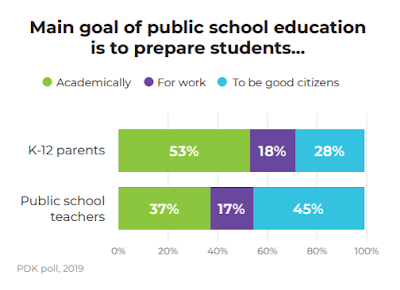Illinois and the Social Sciences: What Are Our Middle School Students Learning?

by Scott McGallagher, Research Intern When outstanding advancements in education occur, it is a shame to be stingy and not spread the news far and wide. As previous blogs have mentioned, #CivicsintheMiddle is now officially Public Act 101-0254 , signed into law by Governor Pritzker in early August. Beginning in the 2020-2021 school year, all public middle school students will be required to complete a semester of civics in either 6 th , 7 th , or 8 th grade. New civics instruction will also reflect the proven practices of civic education, engaging students in direct instruction, simulations, discussions of current and controversial issues, and service-learning experiences . This summer, after many moving conversations with educators across the state, I was able to establish a baseline on the course sequence for Social Studies in middle-grade schools. In conjunction, several educators shared with me unique units and extracurricular projects which engage students in deeper learni...



